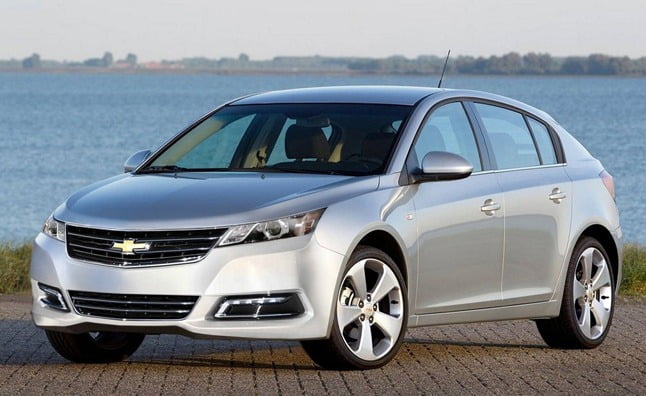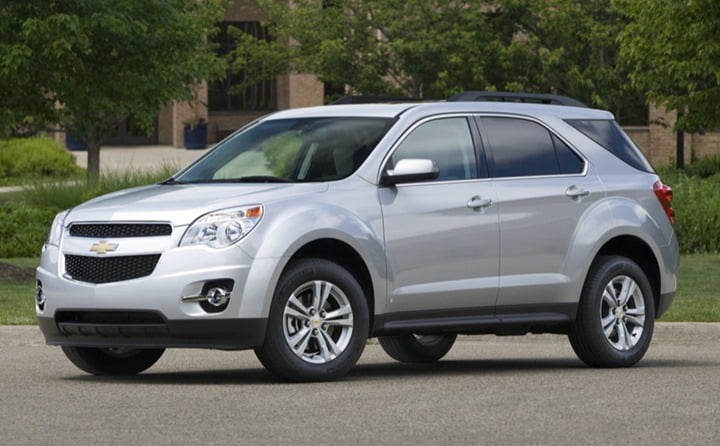General Motors has introduced its new Global platform named D2xx flexible platform in August 2012. In such high competitive automobile era, platform plays a very vital role for a company because different cars are based on a similar platform. Heavy investments are made for its developing and in the current case, according to GM the company has invested USD $220 million for the all new D2xx platform.
This new platform D2xx is successor to GM’s very popular Delta and Theta. The new platform will be very flexible and the company expect to roll out 2.5 million cars a year based on the D2xx platform by 2018. The main reason for any company behind developing new platform is cutting cost for production of its cars. Car manufacturer try to keep the platform more flexible which means a platform can be used for various cars, spare parts can also be shared among various models and every brand.
GM will use its new D2xx for its next generation Chevrolet Cruze which will be launched in 2014 and Chevrolet Volt. Later on the company will use the platform for other variants and brand too like the Cadillac, Opel, GMC, Buick, and Holden. What’s more interesting is the fact that the platform will be used not only for Hatchback and Sedan but also for Crossovers. General Motors will be carry on its development of platform according to different regions like the D2xx platform will for the European region cars and D2ux for GM’s operations in the U.S.

Volkswagen also introduced its new platform named the Volkswagen MQB and this new platform will be used in next-gen Volkswagen Audi and Skoda’s. Similarly Nissan-Renault introduced its new V-platform on which popular cars like Nissan Sunny and Renault Scala are based. Toyota introduced its new Toyota New Global Architecture. With all such new platforms not just the competition is heating up but also new advancements are made to the Automobile industry.
Use of flexible platform saves a lot of cost for large car makers as one platform is modified to make number of cars and because of economy of scales and lower cost of development per car saves a lot of cost and reduces the time to market. These advantages can be a deciding factor for the success of a car brand in the long run. Stay tuned for latest updates from Car Blog India.


